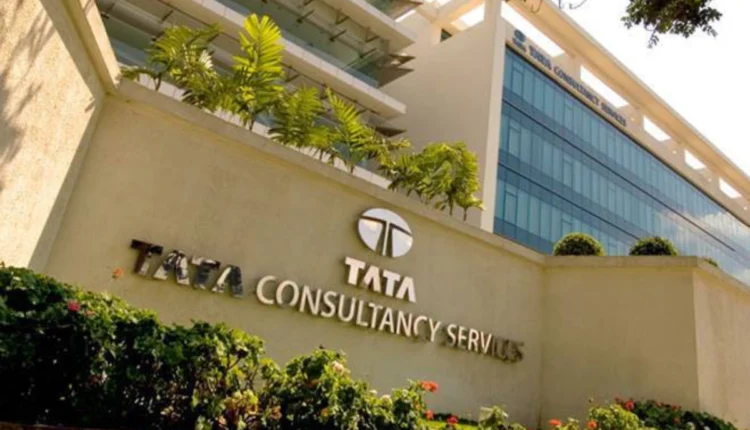TCS Lawsuits : For discrimination, Visa violations get dismissed in US
Insights into the TCS Discrimination Lawsuit
TCS Lawsuits : In a startling turn of events, allegations of discrimination have rocked TCS, India’s leading software exporter. The accusations stem from a former employee, Katz, who has launched a legal battle against the company, asserting a systematic pattern of discrimination against individuals not of South Asian or Indian descent.
Allegations and Claims Against TCS
Katz, who spent nine years at TCS before being laid off while on the bench, claims that discrimination was deeply entrenched within the company. According to Katz, this bias manifested in various crucial employment aspects, spanning from hiring and staffing decisions to promotions and even terminations. Katz’s argument extends to TCS’s entire corporate hierarchy, suggesting that the discriminatory policies were pervasive.
Katz’s concerns expand beyond internal processes. He asserts that TCS strategically favoured visa holders, particularly those with H-1B work visas in the United States. He contends that TCS prioritized these visa holders in its hiring and placement decisions, further exacerbating the discrimination against non-South Asian and non-Indian individuals.
The Class Action Lawsuit
Katz’s legal battle against Tata has taken the form of a class action lawsuit, signifying that a group of individuals who experienced similar discrimination have rallied behind his cause. The lawsuit alleges disparate treatment based on race and unlawful employment practices rooted in racial and national origin biases.
Legal Maneuvers and Court Rulings
Tata responded to Katz’s claims with a motion to dismiss, a legal tactic aimed at challenging the validity of the lawsuit. In a recent development, Justice Brian R. Martinotti of the New Jersey District Court rendered a ruling. The court sided with TCS on dismissing one of Katz’s disparate impact claims, suggesting that a clear connection between the discrimination and its impact was lacking.
TCS Lawsuits & Court Distinguished
However, the court distinguished between disparate impact and disparate treatment, recognizing that Katz’s allegations primarily centred around intentional discrimination rather than unintentional effects. Notably, the court highlighted that TCS’s policies, which seemed to prioritize visa holders, were not neutral, as Katz argued that they were designed to favour South Asians and Indians.
Moving Forward
Katz’s pursuit of injunctive and declaratory relief, along with damages, has raised eyebrows within legal circles. TCS’s responses, including contesting Katz’s claims and later amending the complaint, have added complexity to the legal proceedings. The judge’s decision to allow the class’s pursuit of injunctive relief and reinstatement represents a significant step forward for the plaintiffs.
Also Read : UK Govt : Impact Of To Restrict International Students Dependants

